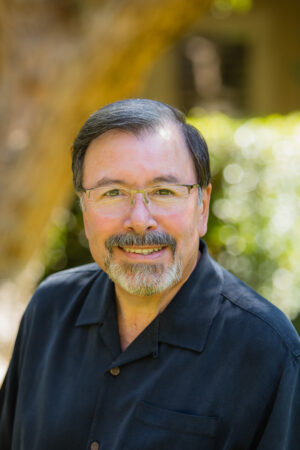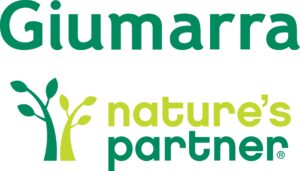Engaging with CPS provides key benefits, rewards for food companies
Fresh produce is the largest sector of our food supply that doesn’t have a kill step, so we have to take steps to minimize foreseeable food safety hazards. The more we know, the better prepared we are to protect our customers, our companies, our supply chain, the industry as a whole — because we’re all tied together.
For The Giumarra Companies, produce safety starts with our corporate multifunctional team. Our responsibilities include: keeping up with the science; meeting regulatory requirements and customer demands; supporting food safety programs at each of our operations and working with our growers; and special projects.

Now that the Food and Drug Administration conducts routine food safety inspections at produce companies, it is not unusual for these to be nerve-wracking for operations employees, especially during their first inspection. It’s our job to ensure that they are well-prepared and feel ready.
There’s always more to do when we private label than when we sell our own labels or unbranded product. Our team members go where we’re needed to make sure everyone is on the same page and running as efficiently as possible.
Giumarra has been involved with Center for Produce Safety since the center’s inception, reflecting our commitment to food safety. CPS funds produce-specific food safety science, finding solutions and fueling change.
The center is here for every company in the industry. Here are some of the reasons why every company should engage with CPS:
- You can keep up on the latest science. For example, our industry has become pretty good bacteriologists, but we have little experience with viruses. University of Georgia’s Malak Esseili, Ph.D., is harnessing a recent breakthrough in norovirus cell culture technology to fill critical industry knowledge gaps in how to detect norovirus. While this study involves berries, its findings can be extrapolated to other fresh produce. At CPS’ 2023 Research Symposium June 20-21, Esseili will report on a just-completed project that validated this technology can be used to study norovirus’s survivability in leafy greens and ag water.
- That science can improve your business operations. In 2018 Laura Strawn, Ph.D., recommended that food contact surfaces be cleaned at the end of the packing day rather than the beginning to limit microbial growth during the night, among other notable findings. While her study was specific to cantaloupe operations, based on her 2018 Research Symposium report, we changed Giumarra’s table-grape vineyard sanitation schedule. From what we learned from that one project, we increased our efficiencies for no money down with no heartburn.
- You can have a say in the direction of future research. For example, in response to industry, CPS is beginning to study the food safety of dry produce packing. Texas A&M University’s Alejandro Castillo, Ph.D., is researching how Listeria monocytogenes gets established and moves around avocado operations that pack without water. Is there a food safety difference versus operations that wash their produce? Results of projects like this are how we develop best practices.
- With your expertise, we can come up with solutions that work. CPS standard operating procedure is to pair our funded researchers with industry advisors — I’m an advisor on Castillo’s avocado project. CPS’ gifted researchers know the science, but they might not know our industry. Sharing our expertise in how we operate is invaluable to their work.
- You can engage with experts. As a volunteer on CPS’ Technical Committee, I network with the people actually doing the work. And we have FDA at our table; we can get their informed perspective, and they can really see what we’re doing to inform their regulations and enforcement policies.
 People expect the products we provide to be safe and wholesome. Center for Produce Safety is one of the types of groups driving that improvement. You can help. Volunteer to support CPS’ research program — as a research advisor, as a member of the teams who vet researchers’ proposals, or join me on the Technical Committee. Contact CPS’ Bonnie Fernandez-Fenaroli to learn more.
People expect the products we provide to be safe and wholesome. Center for Produce Safety is one of the types of groups driving that improvement. You can help. Volunteer to support CPS’ research program — as a research advisor, as a member of the teams who vet researchers’ proposals, or join me on the Technical Committee. Contact CPS’ Bonnie Fernandez-Fenaroli to learn more.
For more details about these and other CPS research projects, visit www. centerforproducesafety.org/funded- research-projects.php
Walter Ram is vice president of food safety for The Giumarra Companies, a vertically integrated produce company. He is a member of Center for Produce Safety’s Technical Committee, which guides CPS’ produce- centric food safety research program.







